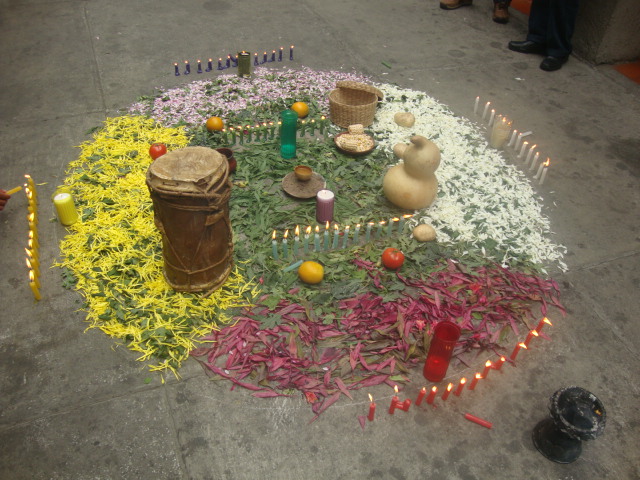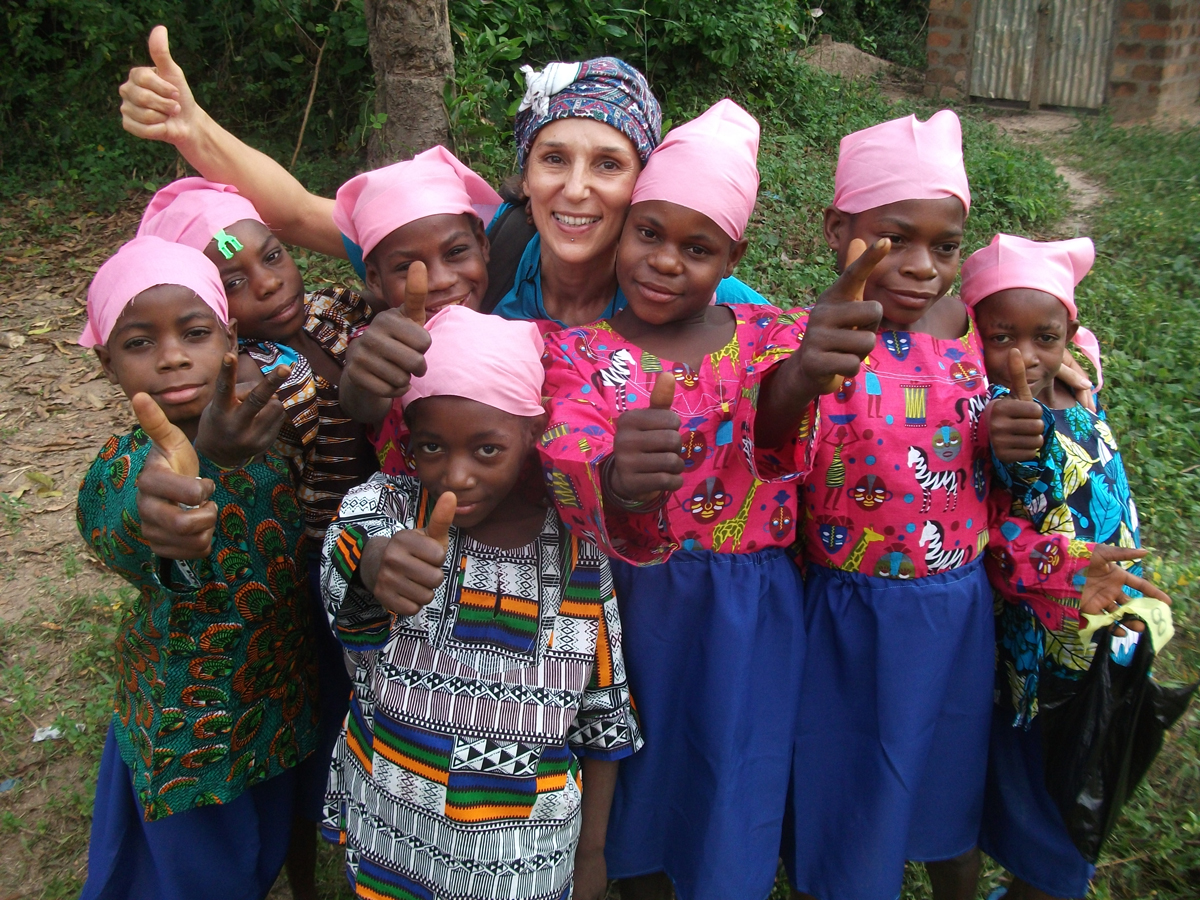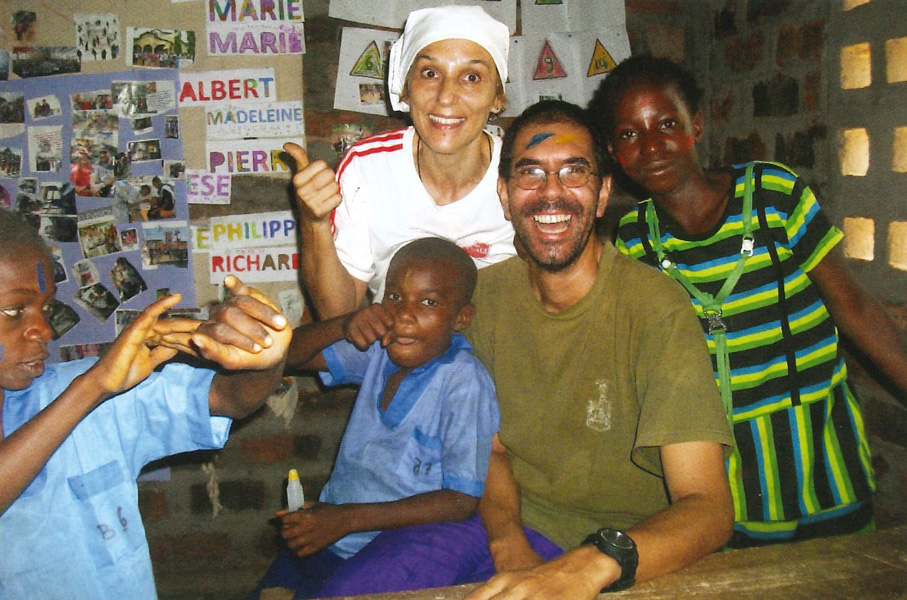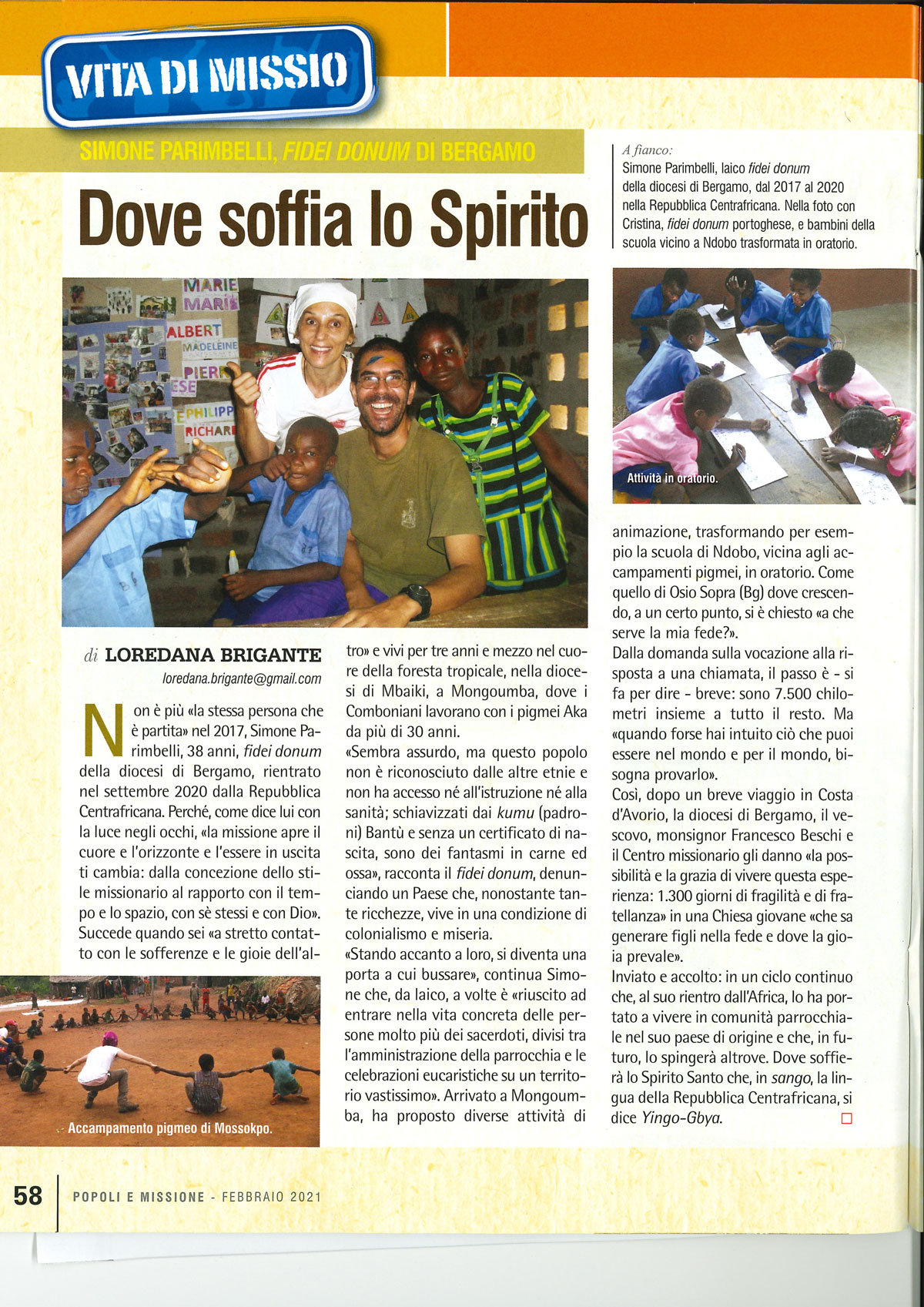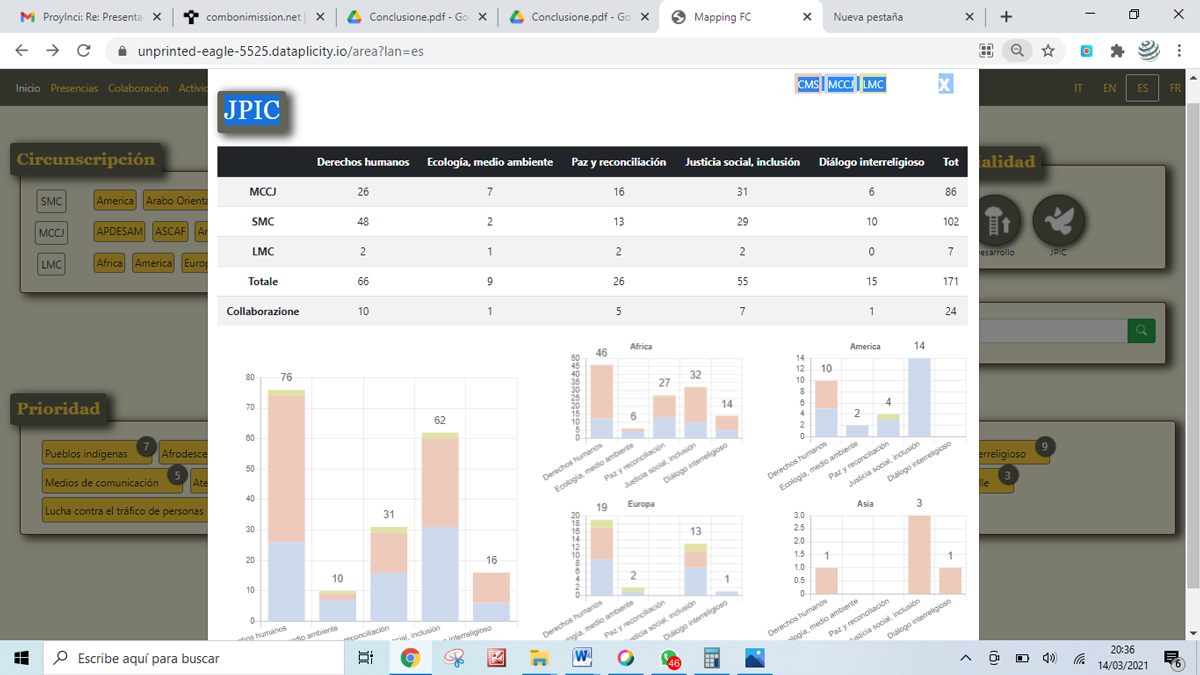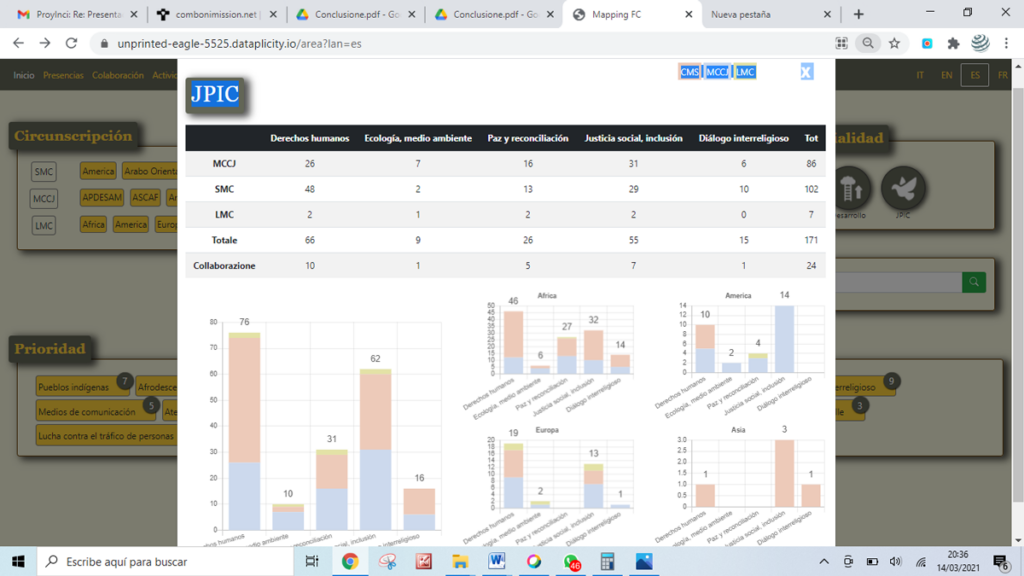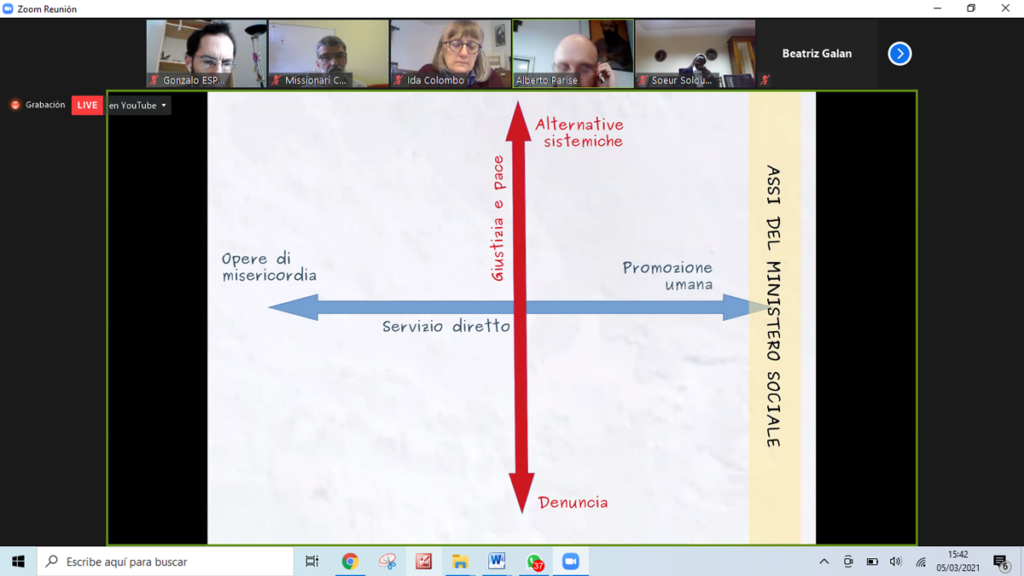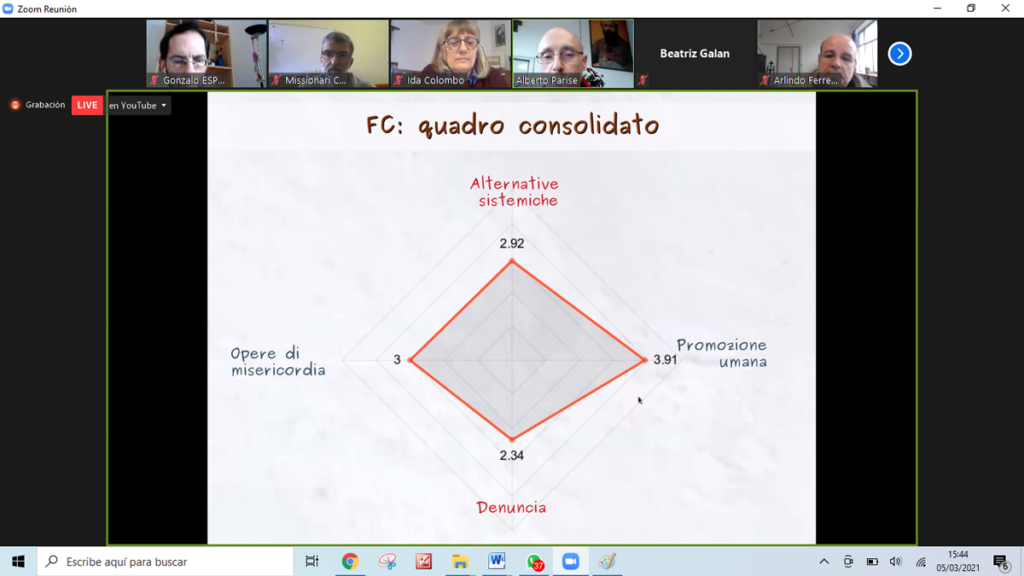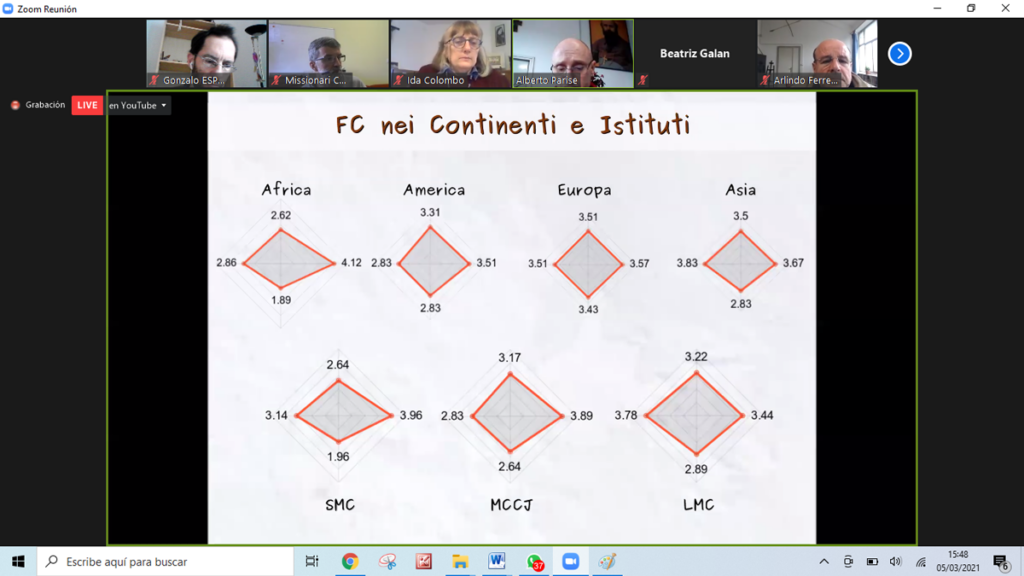I am the Resurrection and the Life

The sisters sent this message to Jesus: “Lord, the man you love is ill.” Jesus said: “This sickness will end not in death but in God’s glory and through it the Son of God will be glorified”. “I am the resurrection and the life. If anyone believes in me, even though he dies, he will live…” Do you believe this? “Yes, Lord”, she said, “I believe that you are the Christ, the Son of God, the one who was to come into this world” (Jn 11, 3.4.25-27).
The world is going through a very difficult period due to the Covid 19 which continues to cause much suffering with thousands of people falling ill and dying. There are various peoples who are suffering not only due to the Covid-19 but also because of wars, instability, being left homeless, dangerous migrations, problems provoked by climate change and economic circumstances. When we think of the pandemic, we remember the many confreres and sisters who have had this experience of death and resurrection and are now in the glory of the Risen Lord. In this sorrowful situation of suffering and death where the Christ of Good Friday is continuously crucified and dying in those who suffer the consequences of this pandemic, it is not an easy matter to find words of encouragement, of joy, of life or, in the final analysis, of resurrection.
However, it is precisely because we are Christians and missionary disciples of the Lord that we are invited this Easter to place our trust in Him who is the Lord of life and has gone through suffering, sorrow and humiliation even to dying on the Cross, and being raised from the dead by the Father. Consequently, the words He spoke to Martha on the death of her brother Lazarus are all the more appropriate for us and the whole of humanity at this moment: “I am the resurrection and the life. Anyone who believes in me, even though he dies he will live and whoever lives and believes in me will never die”.
Faith in the resurrection and the hope that He has brought us are the greatest and most precious gifts we can proclaim and offer to all people. Let us never tire, therefore, of repeating to each and every person: Christ is risen! Filled with this certainty, we bear this proclamation to every community, ever home and every family and to all those places where people suffer most. As Pope Francis affirms: “Let us try, if we can, to make the best use of this time: let us be generous; let us help those in need in our neighbourhood; let us look out for the loneliest people, perhaps by telephone or social networks; let us pray to the Lord for those who are in difficulty in Italy and in the world. Even if we are isolated, thought and spirit can go far with the creativity of love. This is what we need today: the creativity of love. This is what is needed today: the creativity of love” (Video message of Pope Francis for Holy Week 2020).
It is the mission of compassion that we, as missionaries, are called to proclaim, the closeness of God to His people, His tenderness and His love. Like Jesus, who cured many sick people, we are today His instruments to heal suffering, indifference, selfishness and the distancing that this disease generates. It is the mission of the encounter that makes room for acceptance and fraternity that generates life in abundance for all. We are therefore missionaries of hope and joy in the present context when we prophetically remind everyone that “We cannot go ahead, each one on their own, but only together” (Homily of Pope Francis, 27/03/2020). This is a new way of being in the world: not just a return to the past we know but a way of being involved in the world with creativity and wisdom.
It is only by confronting the cross that we can find the hope we need to live as risen people, as Daniel Comboni teaches us: Could a true apostle’s heart ever be downcast and fearful at all these obstacles and extraordinary difficulties? No, it is not possible, ever! Triumph is in the Cross alone. (W. 5646). This is the triumph of the Risen One. In the Risen Jesus, life has overcome death. This is the hope for better times, the hope that never leaves us disappointed.
With these sentiments of joy, we wish for you and all of us a Holy Easter of Resurrection!
Rome, 19 March 2021
The MCCJ General Council





